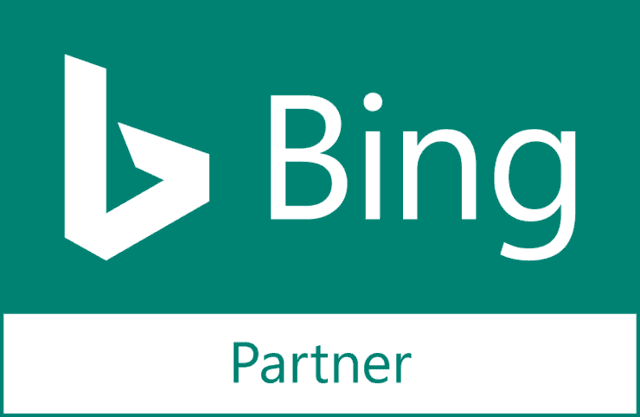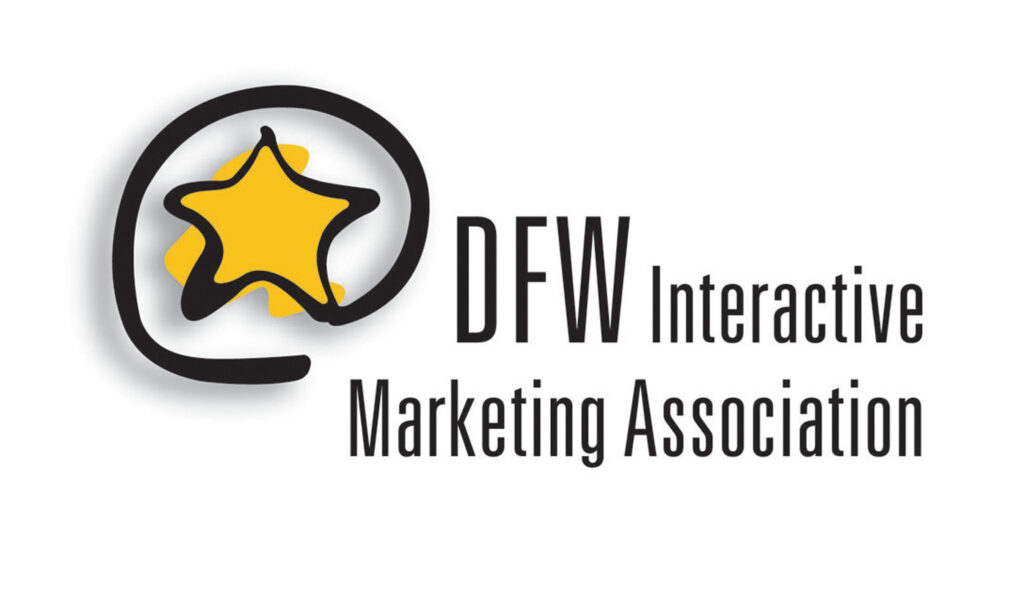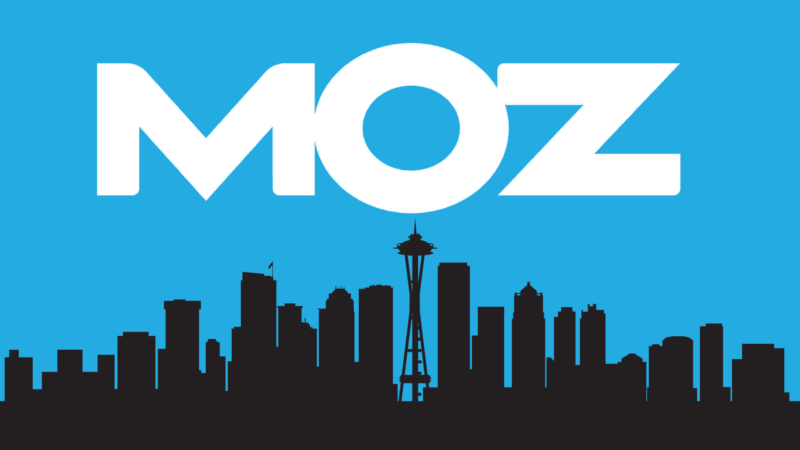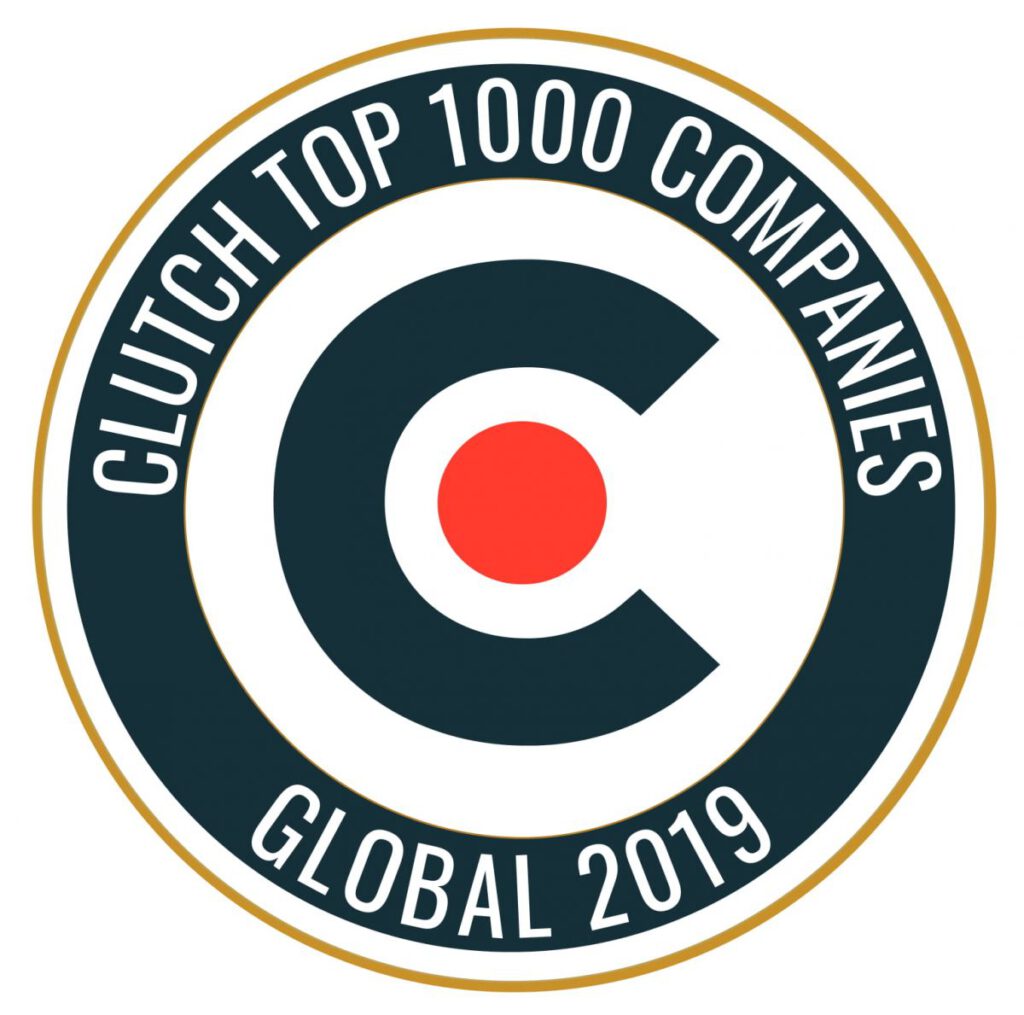Affiliate marketing and SEO sound like they have a lot in common. Both are based on links and both can drive revenue, but take a while to get going. They are also both dependent on variables, some of which aren’t in your control. However, there are many rumors about Affiliate Programs and SEO. Here are a few of the ways that they help and hurt each other as well as some common rumors about each.
Affiliate Marketing SEO Rumors
Affiliate links are backlinks. This is only true if you are tracking using an analytics program with direct links, there are no tracking URLs (that devalues the link) and the Affiliate does not use a nofollow tag. If the link is not a direct link to your site (meaning it links to a network server and re-directs to your site), then it is not a backlink.
Affiliate traffic hurts your SEO. This depends. Google considers smaller factors to rank websites, including time spent on the site, bounce rate, and page views, for instance. Depending on the types of Affiliates you work with and the overall volume of traffic they drive compared to your own site traffic, it can help or hurt your SEO.
If it is an email Affiliate that can create a large bounce rate, then this can hurt you. If it is a blog that pre-sells your site and sends interested visitors who can click through, spend time on your site and view multiple pages, then you could receive an SEO boost. This is a smaller impact unless Affiliates drive a large portion of your traffic.
Affiliates Helping SEO
Taking space in the engines. If you’re a little fish in a big industry with a generic URL like [fusion_builder_container hundred_percent=”yes” overflow=”visible”][fusion_builder_row][fusion_builder_column type=”1_1″ background_position=”left top” background_color=”” border_size=”” border_color=”” border_style=”solid” spacing=”yes” background_image=”” background_repeat=”no-repeat” padding=”” margin_top=”0px” margin_bottom=”0px” class=”” id=”” animation_type=”” animation_speed=”0.3″ animation_direction=”left” hide_on_mobile=”no” center_content=”no” min_height=”none”][HIGHLY SEARCHED KEYWORD].com, then the top 10 spaces are likely filled with competitors and not your own sites. This means you’re losing traffic. Unless your SEO team can rank 10 sites for that generic term, you will lose traffic and exposure. However, by having your affiliates try to rank for this term, then this gives you a better shot to gain more exposure and receive revenue.
Bringing partners in house. If you have a large performer or even a small one whose site is relevant to your content, then make an offer to take them off the network and directly form a partnership instead. You will have to build trust with them, as they won’t have network tracking. But by eliminating network fees, you can offer higher commissions and quicker payouts. The benefit of this practice is that you can get a backlink from a relevant site, one that you know drives sales for you. You do need to make an enticing offer because they are also your competitor, who will help to boost you above them.
Affiliates Hurting SEO
In-house programs. One of the biggest problems I saw regarded a Merchant that had an in-house program, used their shopping cart’s “Affiliate Technology,” and had all direct links even nofollows pointing to their site from their Affiliates. The Merchant ended up canceling their program because they let the wrong people in and when they turned it off, they lost many actual backlinks. Their drop-in partnerships resulted in their link structure falling (from both relevant and non-relevant sites and pages), causing them to lose almost all of their SEO traffic as well.
The company dropped in the rankings, which could have been prevented by just eliminating the bad players, working on building better quality partners, and by removing them over a period of time while having their SEO team work on content and link-building strategy. Canceling their program removed one channel of revenue that was pre-determined, but destroyed one of their larger streams without the company realizing the repercussions.
Ranking for your trademarks and extensions. Many coupon sites are known for ranking for your URL or trademark + coupons and sending you your own customers with a cookie attached. Then, the customer hits your shopping cart, sees a coupon code box, and then leaves to find one. They visit a coupon site, get tagged with a cookie, and now you pay a commission, network fee, or discount from the code — all on a sale you would have generated without the coupon site in the first place.
By allowing coupon sites into your program without having SEO restrictions, many will try to rank for your trademark + coupon, coupons, or coupon codes, for example. And they probably will never add any value to you. You need to create your own sites and rank them for all of these variations before you launch a program to make sure your shopping cart does not get poached.
Turning backlinks into affiliate links. One of the ways you can tell that you have a bad Affiliate Manager or you hired the wrong Outsourced Program Management company is if they target sites that already rank for your terms such as your domain + reviews or your domain coupons. By pursuing them to change the backlinks to Affiliate links, they not only damage your SEO but they are making you pay commissions and fees for customers you would have had in the first place.
There are other ways that Affiliates can help and hurt your SEO. Toolbars and BHOs (couponware, loyaltyware, reminderware, shopping helpers, and shopping windows) can show a symbol that reads, “Cash Back,” next to a ranking for your site in the seventh position. This tactic can cause a person to visit your site, attracting a customer who may not have clicked that far below. Even more, the Affiliate will also take credit for all of the customers who come in off your trademarks, PPC, Email, trademark organic and other top listings, which makes those couple of sales worthless compared to the amount of theft that occurs with many of these adware applications.
Talk to your Affiliate Manager or Outsourced Program Manager and ask them what they are doing to help your SEO and get rid of the bad players. You should also have them show you at least four or five adware Affiliates that they have removed from your program. If you are on any large network, there are at least four or five adware Affiliates who are in or have been removed from your program almost guaranteed. Then, let your Affiliate Manager or Outsourced Program Manager talk to your SEO team so they can work together to boost your rankings and add more value by generating revenue.
Adam is an online marketer who has more than 10 years of experience. He is well known for his audits of Affiliate programs that add value to companies instead of letting them poach sales and steal traffic. He also helps bring new marketing tools and brands like Viewbix (which you should try out since it has a free version) to market and get them running without huge agency fees. [/fusion_builder_column][/fusion_builder_row][/fusion_builder_container]






